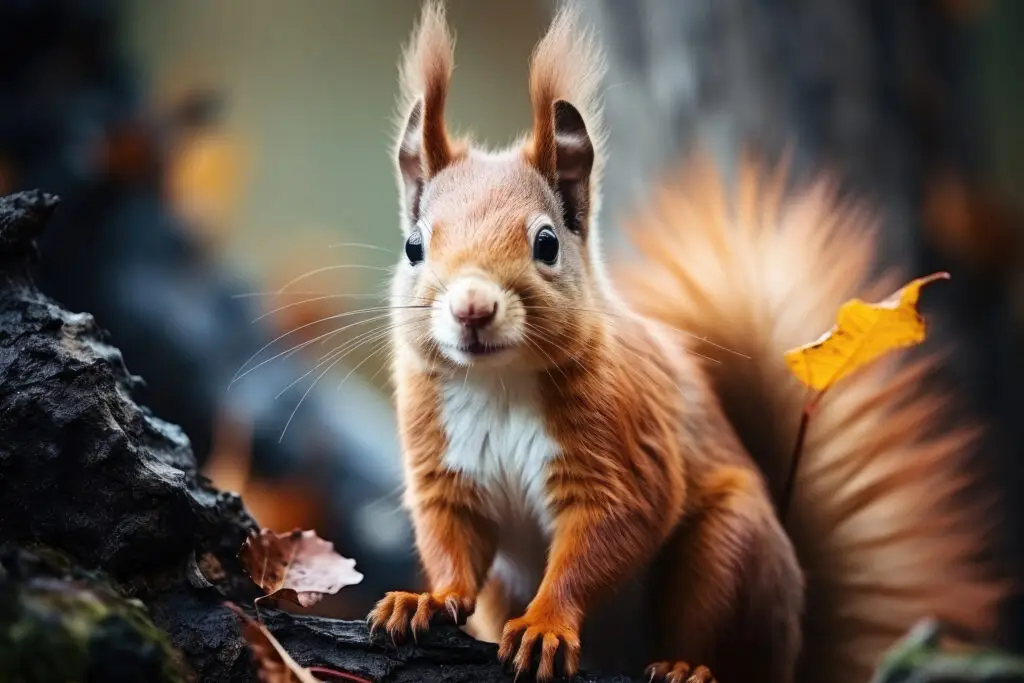
Squirrels in Your House?
Are strange noises from the attic or walls disrupting your peace and quiet, especially during the day? If you’re a homeowner in the Vancouver, WA,
Squirrels may seem harmless, but when they invade your home or property, they can cause significant damage. From chewing on electrical wires to nesting in attics, squirrels pose both safety and structural risks. At True Guard Pest & Wildlife, we specialize in safe, humane, and effective squirrel removal to keep your home and yard protected.
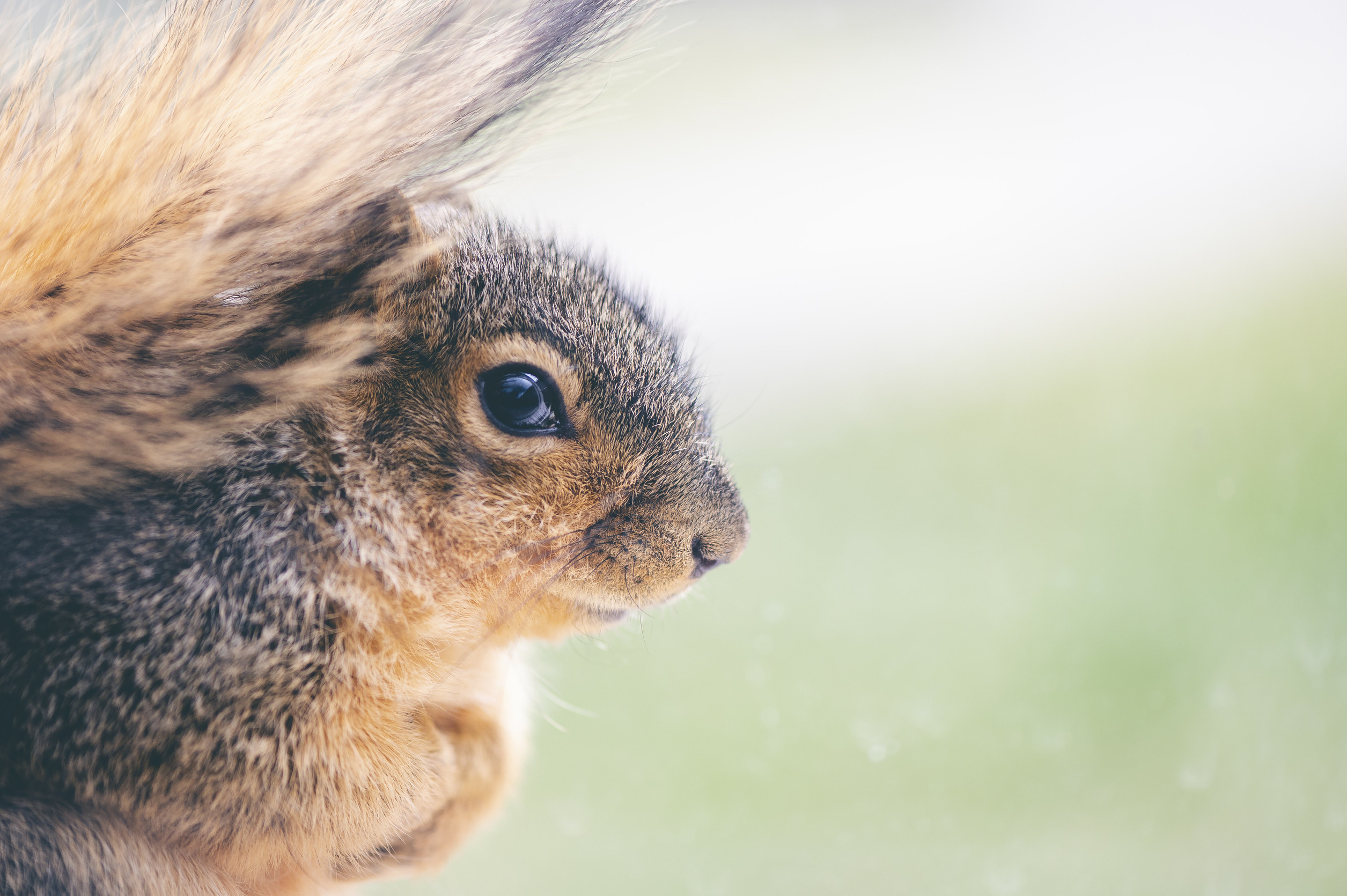
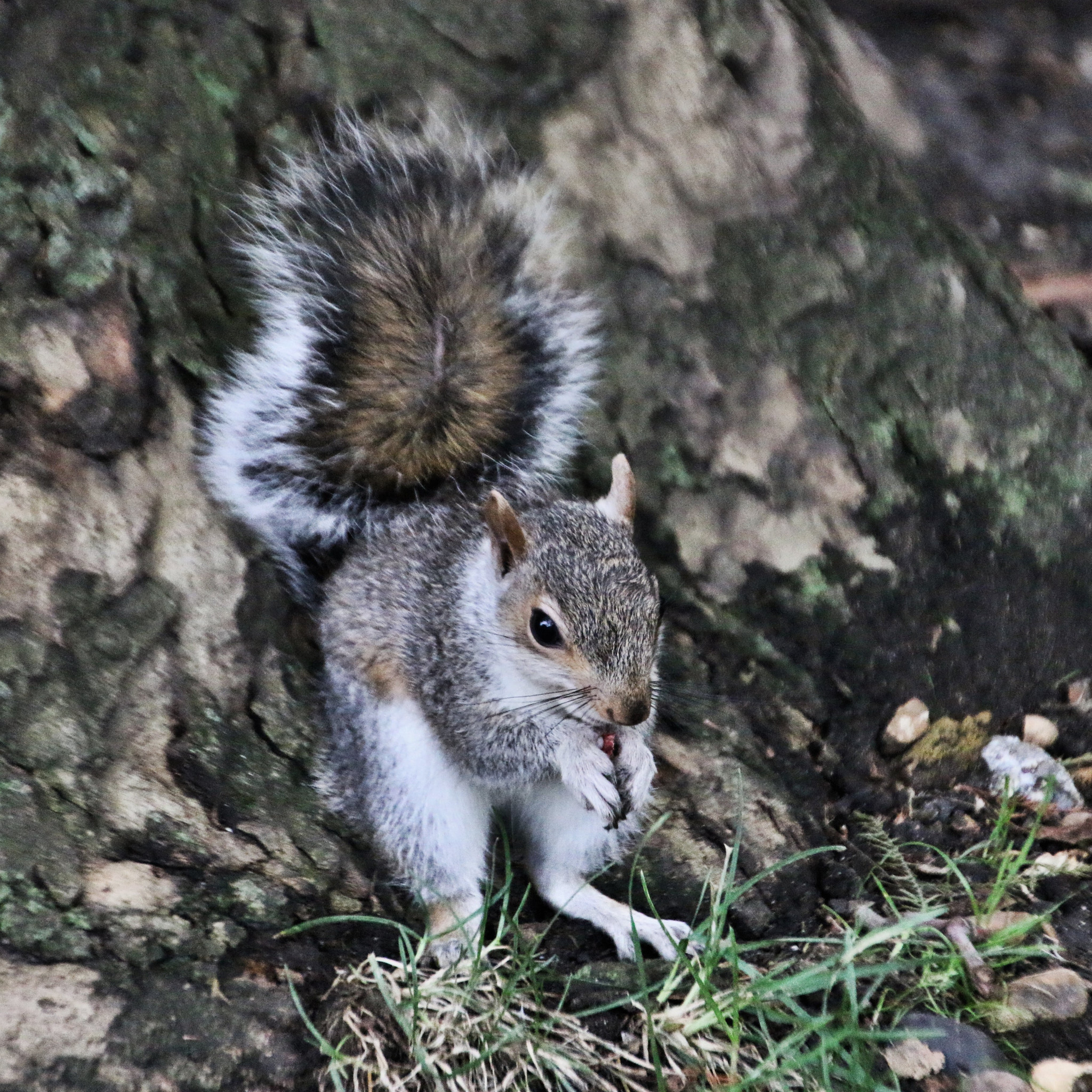
Squirrels are active creatures, and their presence often comes with clear warning signs, including:
✔ Scratching or Scurrying Noises – Often heard in the attic, walls, or ceiling, especially early in the morning or at dusk.
✔ Droppings or Nesting Materials – Squirrel feces, shredded insulation, or chewed wood can indicate an infestation.
✔ Chewed Wires or Wood – Squirrels constantly gnaw to keep their teeth sharp, leading to fire hazards and property damage.
✔ Entry Holes in Your Home – Small gaps in the roof, soffits, or vents may be entry points for squirrels.
✔ Increased Squirrel Activity – If you notice squirrels frequently running across your roof or disappearing into your attic, they may have moved in.
Ignoring a squirrel problem can lead to severe structural damage and potential health risks, so early intervention is key.
At True Guard Pest & Wildlife, we follow a proven, humane process to remove squirrels and prevent future infestations.
Got questions about squirrels and how to keep them out of your home? You’re not alone! Our Squirrel Removal FAQ covers everything from identifying a squirrel problem to the best removal and prevention methods. If you don’t find the answer you need, feel free to reach out—our team is happy to help!
Common signs of a squirrel infestation include scratching or scurrying noises in the attic or walls, chewed wires or wood, droppings, and small entry holes around your roofline. You may also see squirrels frequently running along your roof or entering vents.
Yes! Squirrels chew on electrical wires, which can create fire hazards, damage insulation, and gnaw through wood and ductwork, leading to costly repairs.
Squirrels typically enter through small gaps or holes in the roof, soffits, vents, or chimneys. Even a tiny opening can be enough for them to squeeze through.
Squirrels have ever-growing teeth, so they constantly chew on hard surfaces—like electrical wires—to keep their teeth from getting too long. Unfortunately, this can lead to electrical issues and potential fire hazards.
The timeframe varies depending on the size of the infestation and the removal method used. Most squirrel removals take a few days to a week, but prevention and exclusion steps ensure they don’t return.
While DIY traps exist, squirrels are fast, agile, and can be tricky to catch. Plus, improper removal can result in squirrels returning or causing more damage. Professional removal ensures safe, humane, and effective solutions.
Left unchecked, squirrels can multiply, cause extensive damage, and create fire hazards. The longer they stay, the more difficult and costly the removal and repairs become.
Don’t let squirrels take over your home! Contact True Guard Pest & Wildlife for fast, safe, and humane squirrel removal services.
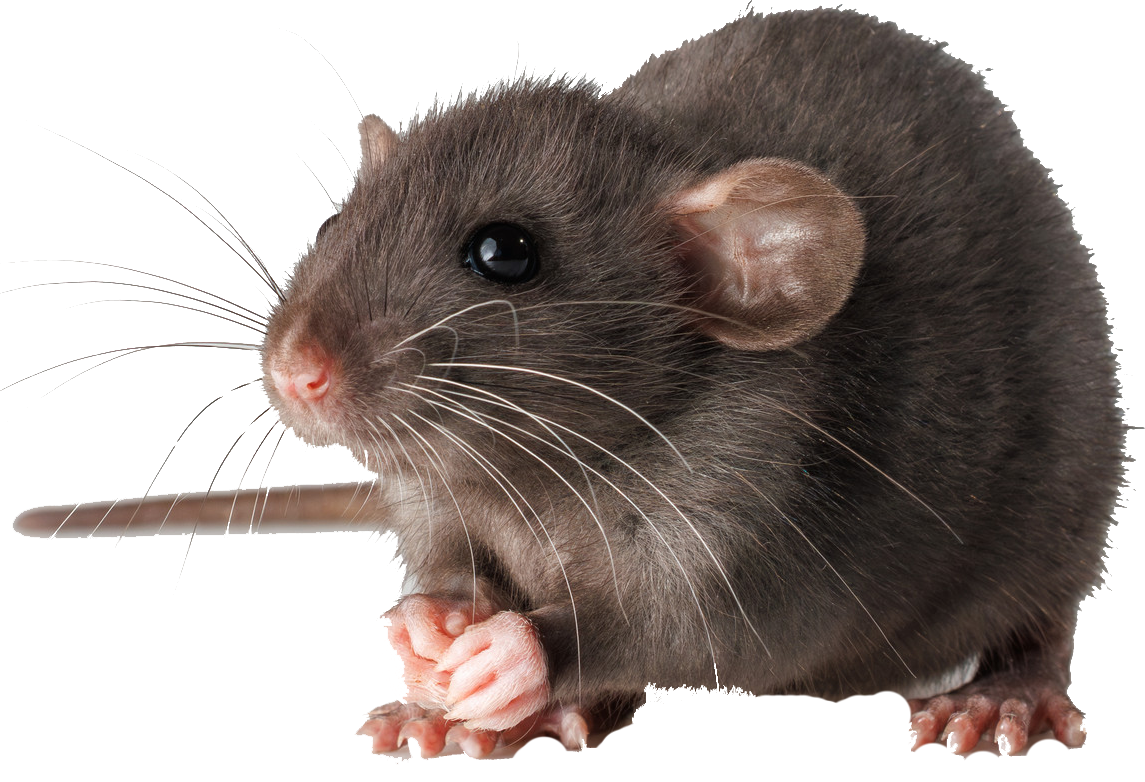
Looking for expert advice on squirrel removal and prevention? Our blog dives into common squirrel problems, DIY prevention tips, and the best professional solutions to keep your home and yard squirrel-free. Whether you’re dealing with an active infestation or want to prevent future issues, check out our latest posts for helpful insights!

Are strange noises from the attic or walls disrupting your peace and quiet, especially during the day? If you’re a homeowner in the Vancouver, WA,
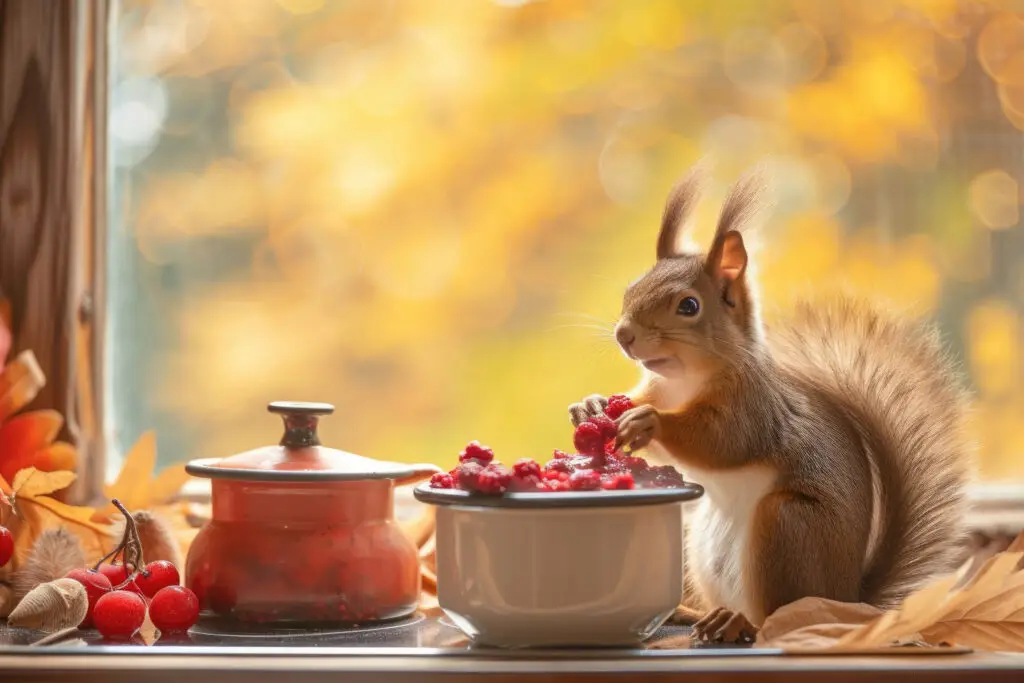
In the lush Pacific Northwest, sharing our neighborhoods with squirrels is a given. We see them scampering across parks, yards, and power lines daily in
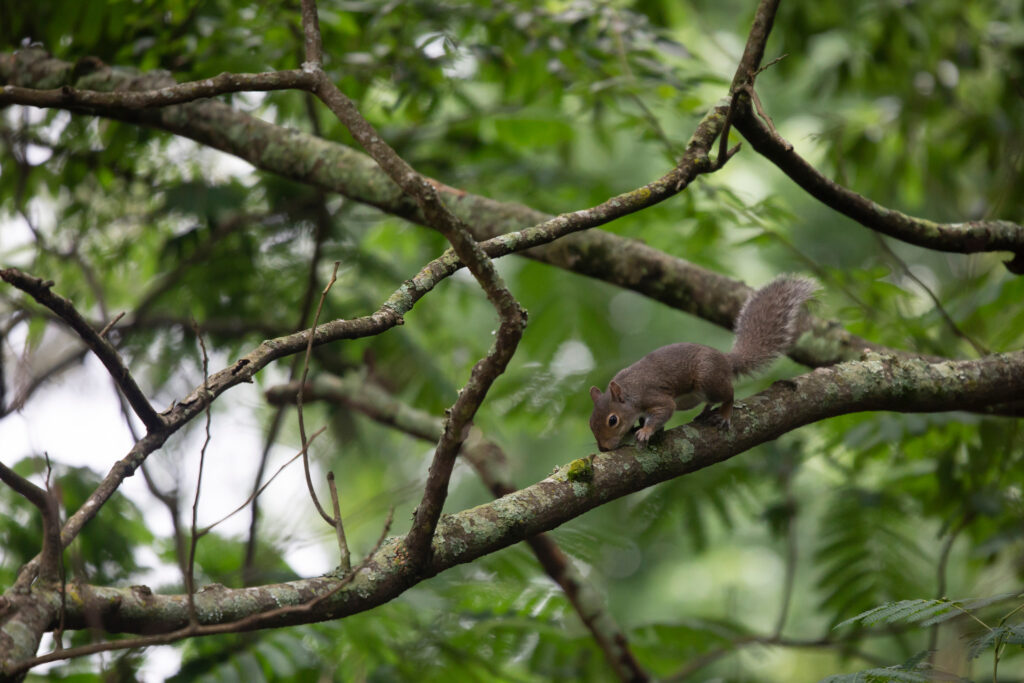
Trees are a defining feature of our beautiful Pacific Northwest landscape, adding shade, beauty, and habitat to our yards in Vancouver, WA, Portland, OR, and
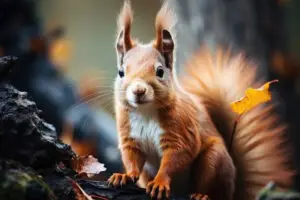

2025 © True Guard Pest and Wildlife | All rights reserved